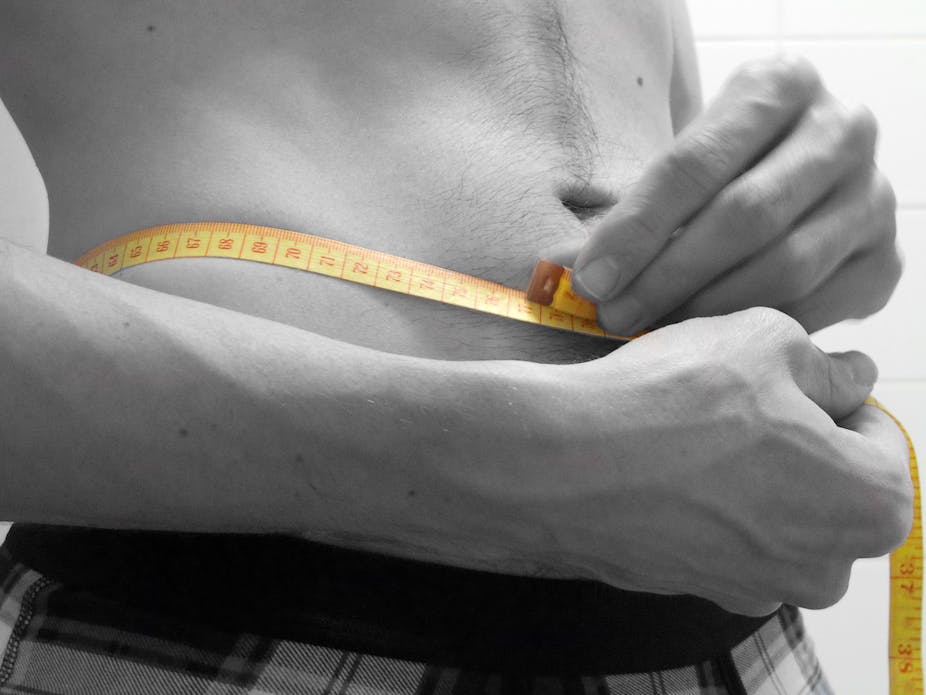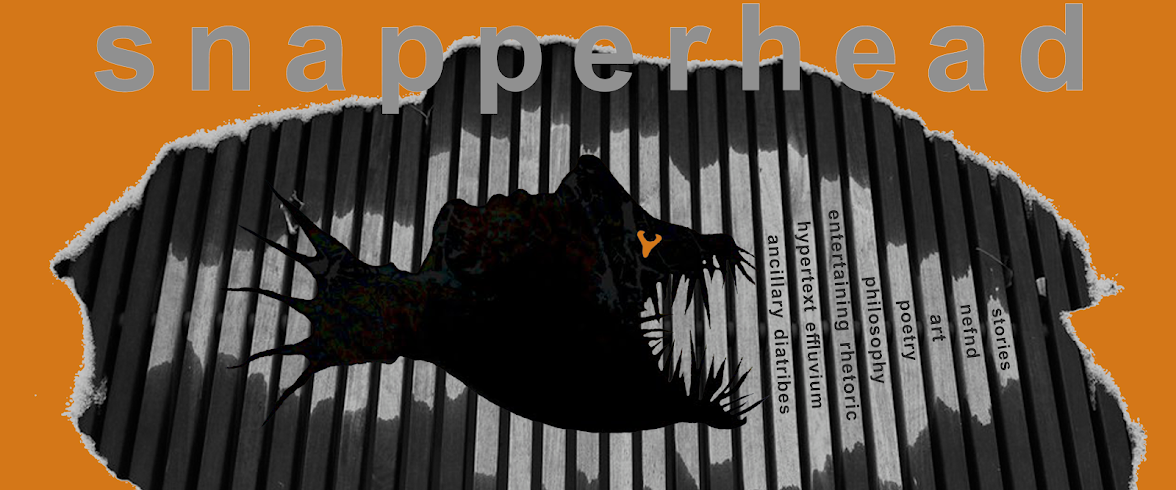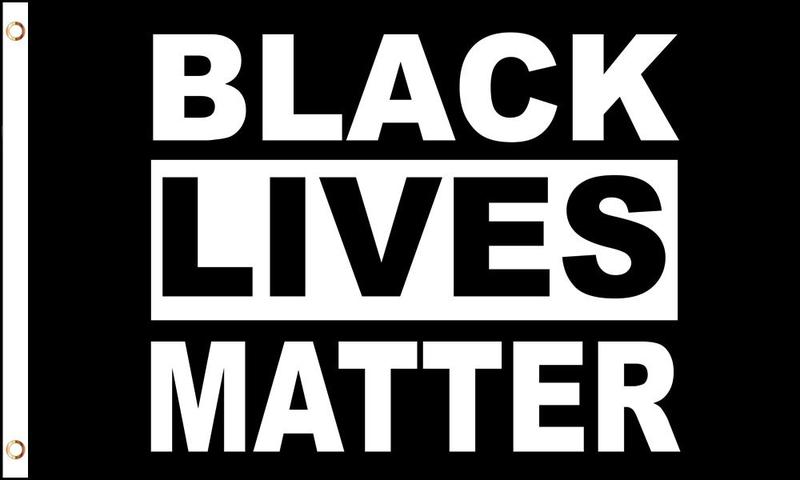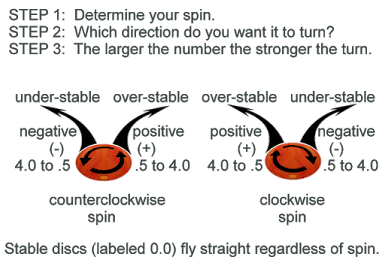At the end of 2018, I recognized the common early
warning signs for insulin resistance. Over the previous five years, my thirst had increased until—ten months ago—I realized that it was waking me up to urinate/drink more water. Also, I noticed a significant increase in my heart rate and
blood pressure after meals. About the same time, I noticed I could have an uneven heartbeat (arterial fibrillation/a-fib), which was intermittent and unrelated to meals, exercise, activity level, or anything I could determine by experimentation.

My a-fib was not directly related to my insulin resistance. My entire life I'd eaten (by default) a low-salt diet. Once I learned how much salt, magnesium (Mg) and potassium (K) that my body needed (and wasn't getting) for normal cellular electrical function, I fixed my a-fib with Himalayan salt tablets (2-4 grams/day), Mg (1,500-4,000mg/day) and K (1150-1450mg/day). All routine muscle cramps and twitches also disappeared along with the a-fib (except when I skip a few days of minerals to test it).
What follows is a synopsis of my research and subsequent actions, which
will - hopefully - save you the many hours I spent reading books and the internet. Bullet points have been used to simplify the information. I've followed the bullet points with some slightly-denser paragraphs.
- All digested food = water, protein, fat, carbohydrates and vitamins/minerals.
- Healthy bodies require (daily) = water, protein, fat and minerals.
- There is no minimum daily carbohydrate (carb) requirement.
- The small intestine turns carbs/sugars (and any excess proteins) into bio-available glucose.
- Glucose is used by the liver to quickly provide fuel to the body's cells.
- Glucose causes insulin to be created by the pancreas.
- Insulin attaches to glucose and "unlocks" the "door" of energy-starved cells.
- Proteins become amino acids, which are used to build/repair cells.
- Fats (in the absence of glucose/insulin) become ketones to fuel the body's cells.
- Fats (in the presence of glucose/insulin) are stored.
- Insulin is a hormone which encourages fat storage and prevents fat burning.
- When insulin is absent the pancreas creates the hormone glucagon to start fat burning.
- Eat/snack carbs/sugars throughout the day = pancreas constantly releases insulin.
- Insulin resistance = "the locks" on energy-starved cells become "jammed".
- Exercise the body when insulin is present = build muscle (without losing energy).
- Exercise the body when insulin is absent = burn more fat (but get tired faster).
- The liver (and other organs) store about 24-48 hours of glucose for immediate use.
- No carbs/sugar for 48+ hours = liver fuels the body's cells with stored fat (using ketones).
- Insulin Resistance has been mislabeled as Type 2 Diabetes.
- Type 1 Diabetes = pancreas produces none or insufficient amount of insulin.
- Type 2 Diabetes = pancreas produces plenty of insulin but the cells demand more.
Shocking Fact #1: There's no such thing as “Heart Disease.” This came as a surprise, since my family tree is full of dead branches of male ancestors who died of it — my dad, Leverett: heart attack while driving; Papa, Milton
Bullard: heart attack while sleeping; Great
Grampy, Milton’s dad: heart attack while
rowing — and the list goes on.
Doctors use the label
Heart
Disease as a catch-all for a group of symptoms that are merely a list of risk-factors
for a person's potential future heart attack. What all of
the men in my family (and tens of millions of other people on Earth) probably died of, is
actually
Un-diagnosed Insulin Resistance / Type 2 Diabetes.
Many people’s pancreas
successfully continues to make more and
more insulin whenever the body demands more and more of it to fuel their cells. And —
here is the important part — some people exhibit
no symptoms or the symptoms happen so gradually that they
go unnoticed or, since there is no pain involved, many people postpone taking action until it is too late.
Most important fact I learned:
Insulin Resistance/Type 2 Diabetes is curable because the body does not have to
use very much insulin. That came
as big news to me. Contrary to the food pyramid, there are
no minimum daily requirements for carbohydrates or sugars. There are only minimum requirements for protein, fat,
and a few minerals – none for carbs/sugars. Every cell has two entryways (a metaphor) for getting fuel for cellular energy: the cell’s front door and the cell’s back door (door metaphors).
The Cell’s Front Door: Insulin is required. This is the
simplest and easiest way for the body to fuel cells. It’s the body’s path-of-least-resistance, because there are less chemical processes needed when consuming carbs (and logical in a evolutionary context: encourage fat storage while eating rare and difficult to find, very tasty, high-energy fruits). The
small intestine breaks down carbohydrates and refined sugars into
bio-available sugars, which enters the bloodstream and causes the pancreas
to produce insulin. The insulin carries
that bio-available sugar to energy-depleted cells, and then acts like a
key—unlocking the door to the cell—which allows the bio-available sugar-fuel to enter. And (sticking with this metaphor) each time
insulin opens a cell’s door the lock on that door can become slightly worn.
Insulin resistance is simply fuel-starved cells
signaling their locks are getting worn out, and more insulin will be needed to unlock their doors; the pancreas responds by dumping more insulin into the
bloodstream. (And when that’s insufficient,
doctors prescribe insulin pills and then injections of more insulin. These are the same doctors who will never
say, “Just switch the type of fuel that you are using to fuel your cells.”)
The Cell's Back Door: The
less simple and harder way for the body to fuel cells is for the small intestine to
contain no carbohydrates or refined sugars, which causes the pancreas to
not produce the hormone insulin and, instead, produce the hormone
glucagon. When glucagon is present, the liver dumps its stored bio-available sugars
into the bloodstream, and after all stored bio-available sugars are depleted (in a few hours or days) the liver signals the fats cells in the body to fuel the cells. It does this by creating ketone bodies.
These ketones carry fat from consumed food, and (eventually) from the body’s stored fat, to fuel the cells instead of using glucose from carbs. The evolutionary impulse to “find, eat, and store all the sweet food so as to never deplete one’s reserve fuel tank because Winter Is Coming,” was—until refrigerators—the basis for human survival. Now it is the basis for insulin resistance.
Curing insulin resistance is a very-hard-simple act.
How to Begin the Keto Diet - Step 1 – For about three weeks (give or take, depends on how
often you succumb to sugar cravings) you need to eat no sugar or
carbohydrates. Zero carbs. Eat as much protein and fat as you want. Don’t
count calories. No vegetables except a moderate amount of avocados and greens with coconut MCT oil or avacado oil. No fruits. No nuts. Just eat fatty meat, eggs, and cheeses and good fats.
Every time you eat any sugar/carbs (which includes the milk in your coffee and the greens in your salad) your liver will store it as bio-available sugar. As long as it is a small amount, you can still go into ketosis. And - if you are in full ketosis, you'll know it when you no longer feel hungry, have no food cravings, and only feel empty after hours of no food.
If - after days of eating only meat and dairy - you still have cravings and hunger? You are consuming something you assumed had no sugar. Alcohol = sugar. One of your daily supplements may advertise as sugar-free; read the label: many sugar substitutes, like maltodextrin, make the pancreas create more insulin than sugar does. I recommend using only liquid stevia extract as a sweetener.
Typical keto meals: eggs, bacon and a whole avocado with coffee with heavy
cream, and some drops of liquid stevia; a big hamburger patty, double cheese, fried
egg on top, greens with coconut aioli, seltzer water with stevia; a steak with
blue cheese and butter, a whole avacado and tea with no sweetener. The first few days are the most
challenging. Your brain wants the carbs/sugars
and it will tell your stomach very loudly that you need, must, get sugars. Just snack on some pork rinds or some deli
meat and cheese or another coffee with heavy cream.
Supplements - Because, on keto, you're never eating enough vegetables or fruits, and you probably weren't getting enough of many of these from the American Diet anyway: Psyllium fiber pills; Multi-B vitamin; Zinc; Vitamin K (help calcium from heavy cream and cheese get out of my bloodstream); Vitamin D (absorption of other minerals and mood enhancement), Butyric Acid (large intestine health); Omega 3s
(skin and cellular health), Turmeric (anti-inflammatory),
Garlic (aids in the reduction of arterial plaque); CoQ10 (heart enzyme); apple cider vinegar pills (aids in digestion of all these fuckin pills).
Step 2 - For the next three months you need to maintain less
than a
one-meal a week carb or
sugar cheat meal limit (
never a one day a week).
You are now, also gradually, going to pay attention to calories.
Counting calories is not really necessary, just use common sense. You are
going to eat less because you are less hungry and your body is not
craving carbs anymore.
I recommend a cheat meal once a month. It's needed so you can experiment with how you feel; how insulin resistant or fat adapted have you become? If you're doing this only to lose weight, then how much weight do you
not lose the week of your cheat meal compared to a week of no cheat meal?
This is combined with a gradual phase-in of intermittent
fasting (IMF). This means you need to, slowly,
reduce your daily eating/snacking from
all day, to eating only within a
4 hour window. Water, clear diet fluids, or coffee with stevia,
are the only things you drink outside of an ever diminishing window of time. Begin with 12 hours, and reduce it by 2 hours every few weeks until you feed yourself during a 4-hour time window.
I should go into detail as to why experimenting with long
term fasting is the next step. But,
since I don’t consider it a mandatory next step, I will just call this paragraph "Step 2.5" Your body contains tiny, microscopic, filaments lining the interior walls of
all of its arteries. When we eat,
something damages those filaments (research has not determined what hormone or
chemical does the damage and some researchers completely deny it happens or that food is the
cause). When we don’t eat they, reportedly,
grow back.
When we eat constantly they never grow back and the linings of our arteries
eventually get tiny scars and long-term constant eating causes plaque to build
up around those scars. So when you reduce your eating
window to 4 hours a day the filaments can grow back. If you skip consuming anything that can cause the release of insulin for 24 hours (to a maximum of 48 hours) all filaments definitely grow back and autophagy begins. Autophagy is what it sounds like: the body eating itself - and it is a good thing to do about once a month, because it means the pancreas has depleted glucagon and the body begins to do some "house cleaning" by consuming dead/damaged cells. I say this step is not mandatory because it is just a
way of pushing off a heart attack for a few years or decades. You can not measure if it is (was) effective until you are crazy old and still alive.
Step 3 – You are now about nine months into your keto lifestyle. You have – guarantee – lost at least 20% of
your body mass. You have not done much
exercise, if any (it's only necessary if you enjoy it or are in some kind of hurry to lose weight). Your insulin resistance is almost completely
gone now. You are no longer thirsty and - in fact - need to remind yourself to drink water. You no longer get insulin
spikes after meals (except on cheat meals when you consume too many carbs). You are now comfortable ordering at
restaurants (meat, salad, eggs, cheese, add avocado on everything, diet drinks or
seltzer with your own stevia drops). You
can skip a day of food when you decide to.
You can also have a huge cheat meal on your birthday or when the occasion calls for it.
Step 4 – There is not really another step (unless you count
eating this way for the rest of your life as a step). If you want to continue to lose more weight than the current weight you've become = eat less
cheat meals. If you are comfortable with
your level of insulin resistance = eat cheat meals more often (recommend keeping a
4 - 6 hour eating window and continuing to skip a day or two of eating at least once
a month). Most important: pay attention to how your body feels when you
eat, after you eat, and during the hours you are fasting – remember how your
body felt when you would eat many times a day with snacks, and how you slept
then, and how much joint pain you had then, and compare it to how you feel now.

POSTSCRIPT - If I ever had any faith in any medical professional, routine tests would have
resulted in prescriptions (for statins and insulin), I would have been
instructed “eat less and exercise more,” and provided a
less-than-worthless menu-plan prescribed by the American Diabetes
Association, based on the Food Pyramid
(which is how I got insulin resistance in the first place). And, for my
a-fib, doctors may have recommended invasive surgery to shock my heart back into regular rhythm (based on guidance from the American Heart Association).
Because I'm retired military, none of that health care would have cost me anything in dollars, just in life-expectancy. I know people who pay serious money for their insulin (tens of thousands of dollars a year) and one person who had his heart shocked into normal rhythm (a few thousand; but it needed to be re-done a few months later). . .which is the primary reason your doctor will deny any of this is based on valid research and will never recommend ketosis, IMF, and autophagy as ways for
you to cure yourself. Because - how can they profit from that advice?
With all that said, the only real way to know if this is/was an effective way to lose weight and avoid insulin resistance -
for you - is to try it out. For me, it's to step on the scales and look in the mirror; In 8 months I lost 50 lbs and 6 waistline-inches. And, in the future - if I'm still here - then I have not followed in my male ancestor's footsteps (because I diagnosed my insulin resistance, became fat adapted, fixed my a-fib, and the practice of IMF and autophagy has postponed the inevitable, which is a great title for an essay about Amor Fati and Memento Mori: My Inevitable Demise).
 sidewalk (why didn't anybody use book-bags back then, and, why didn't I use my Boy Scout back pack after this?) Tully got a jeer of encouragement from other-Tully and a few more from the crowd, I dropped to the sidewalk to collect my homework before it blew away, and some of the feet around me began to step back (space-to-fight protocol) as a low voice said, "Leave him alone." One of the Tullys started to reply, "Mind yer own...," but was interrupted by an arm with a fist at the end of it. Stand-turning, I noticed blood coming from a Tullys mouth and blood on Bret's knuckles, who immediately turned and walked away without looking back. I might have shouted a thanks at Bret's back, but that feels squishy, like a false memory.
sidewalk (why didn't anybody use book-bags back then, and, why didn't I use my Boy Scout back pack after this?) Tully got a jeer of encouragement from other-Tully and a few more from the crowd, I dropped to the sidewalk to collect my homework before it blew away, and some of the feet around me began to step back (space-to-fight protocol) as a low voice said, "Leave him alone." One of the Tullys started to reply, "Mind yer own...," but was interrupted by an arm with a fist at the end of it. Stand-turning, I noticed blood coming from a Tullys mouth and blood on Bret's knuckles, who immediately turned and walked away without looking back. I might have shouted a thanks at Bret's back, but that feels squishy, like a false memory.
























































